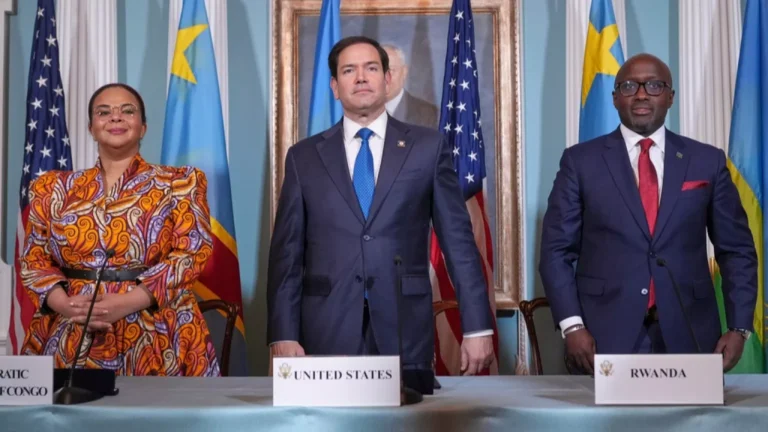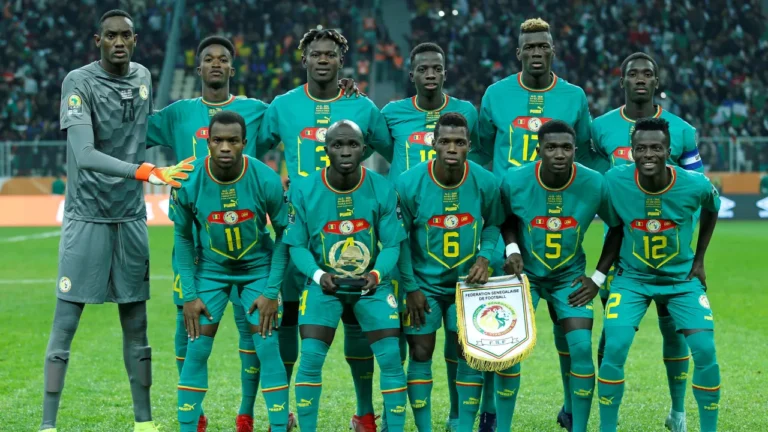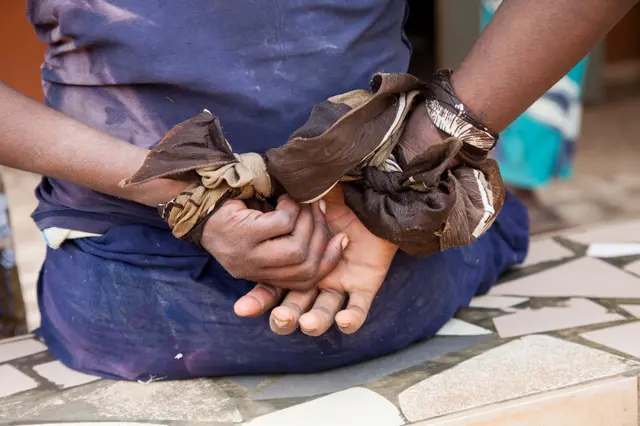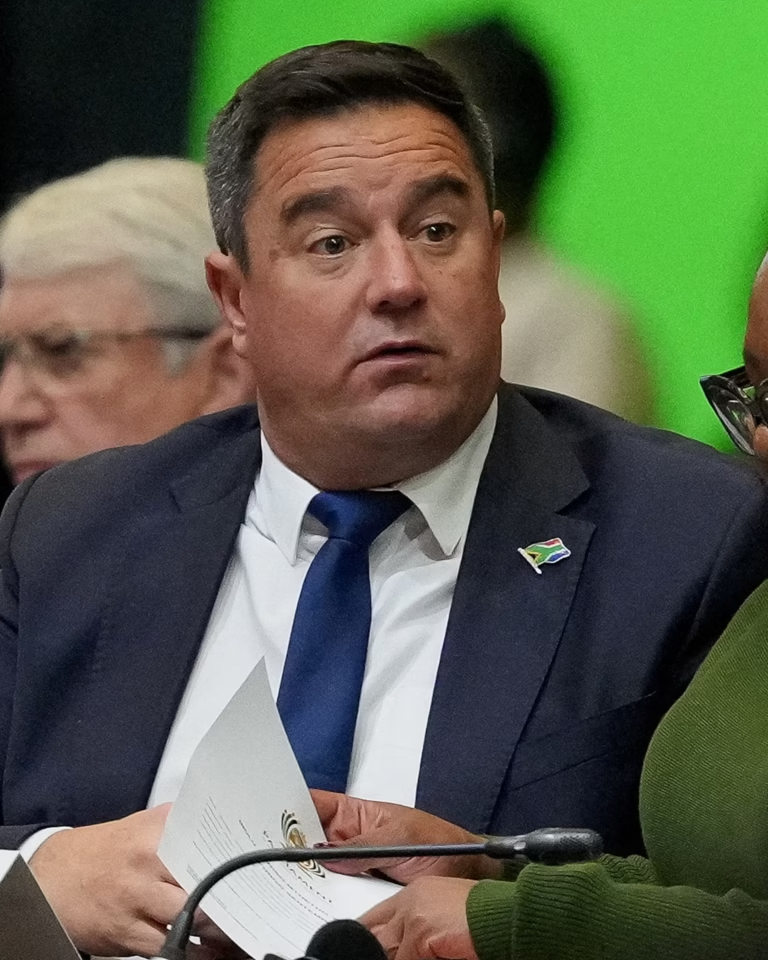Burkina Faso unveils new 25-member government
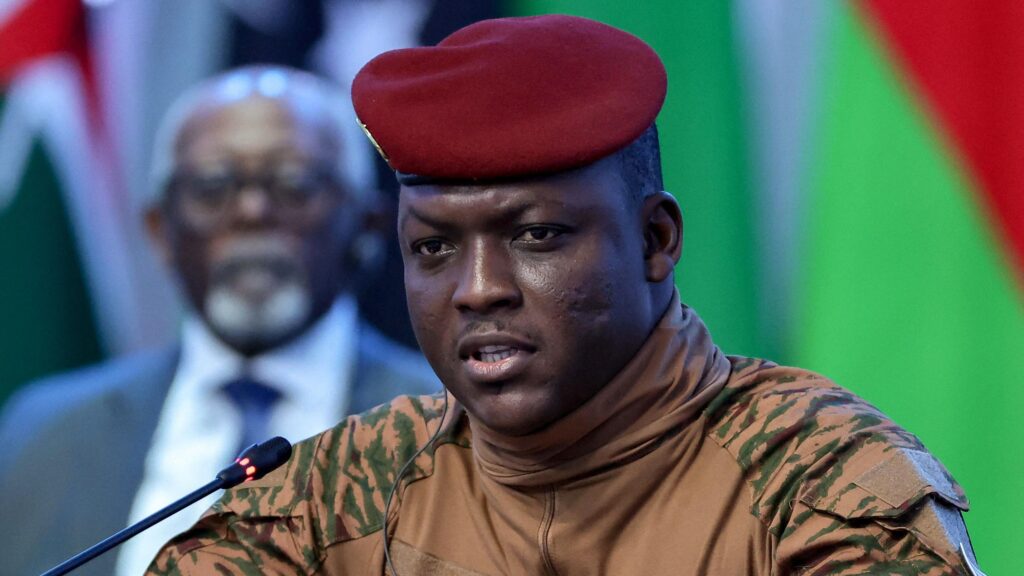
Burkina Faso’s newly appointed Prime Minister, Rimtalba Jean Emmanuel Ouédraogo, unveiled a new government on Sunday comprising 25 members, as announced in a decree broadcast on state television, Radio diffusion Télévision du Burkina.
The newly formed cabinet features four new appointees, marking a strategic reshuffle while maintaining continuity in key areas.
In a significant change, Brigadier General Célestin Simporé has been named Minister of National Defense and Veterans Affairs, succeeding Kassoum Coulibaly.
Simporé, previously the Chief of General Staff of the Burkinabé Armed Forces, brings extensive military experience to a critical position in a nation grappling with security challenges.
Mathias Traoré, formerly the Secretary-General of the Government, has replaced Basolma Bazié as Minister of Public Service, Labor, and Social Protection.
Meanwhile, Commander Pélagie Kaboré has assumed the role of Minister of Humanitarian Action, taking over from Nandy Somé-Diallo.
Another notable addition is Pingdwendé Gilbert Ouédraogo, the former Director of Communication and Public Relations at the Presidency, who now serves as Minister of Communication, Culture, Arts, and Tourism.
He also takes on the role of government spokesperson.
Ousmane Ouattara has been appointed Secretary-General of the Government and Council of Ministers, replacing Mathias Traoré.
Despite these changes, several key ministerial posts, including Justice, Foreign Affairs, Security, and Economy, remain under the leadership of their current officials, signaling a desire for stability during a period of political and security uncertainty.
The cabinet, however, continues to face criticism for underrepresentation of women, with only three female members—a figure unchanged from the previous government—highlighting ongoing challenges in achieving gender parity in national leadership.
The announcement comes as Burkina Faso contends with escalating jihadist violence, which has claimed over 26,000 lives since 2015, and growing regional political tensions.
The country remains a critical player in the Sahel, particularly as a member of the recently formed Alliance of Sahel States alongside Mali and Niger.
The new government is tasked with addressing these complex challenges while fostering national unity and resilience in one of West Africa’s most turbulent landscapes.
About The Author
dailymailafric
I am an avid African news observer, and an active member of Daily Mail Africa.
I’m Passionate about staying informed on diverse topics across the continent,
I actively contribute to publishing on political, economic and cultural developments in Africa.
